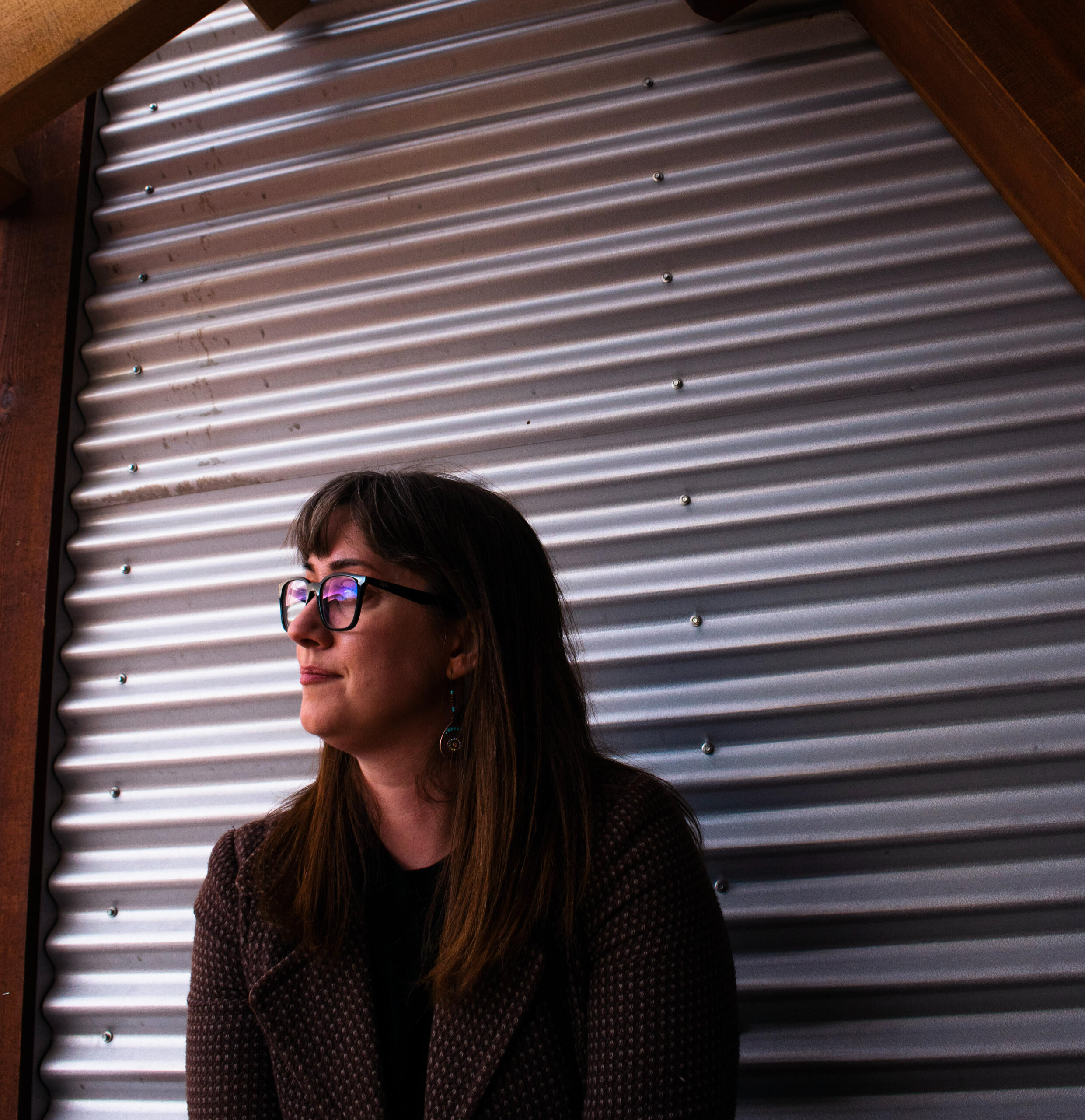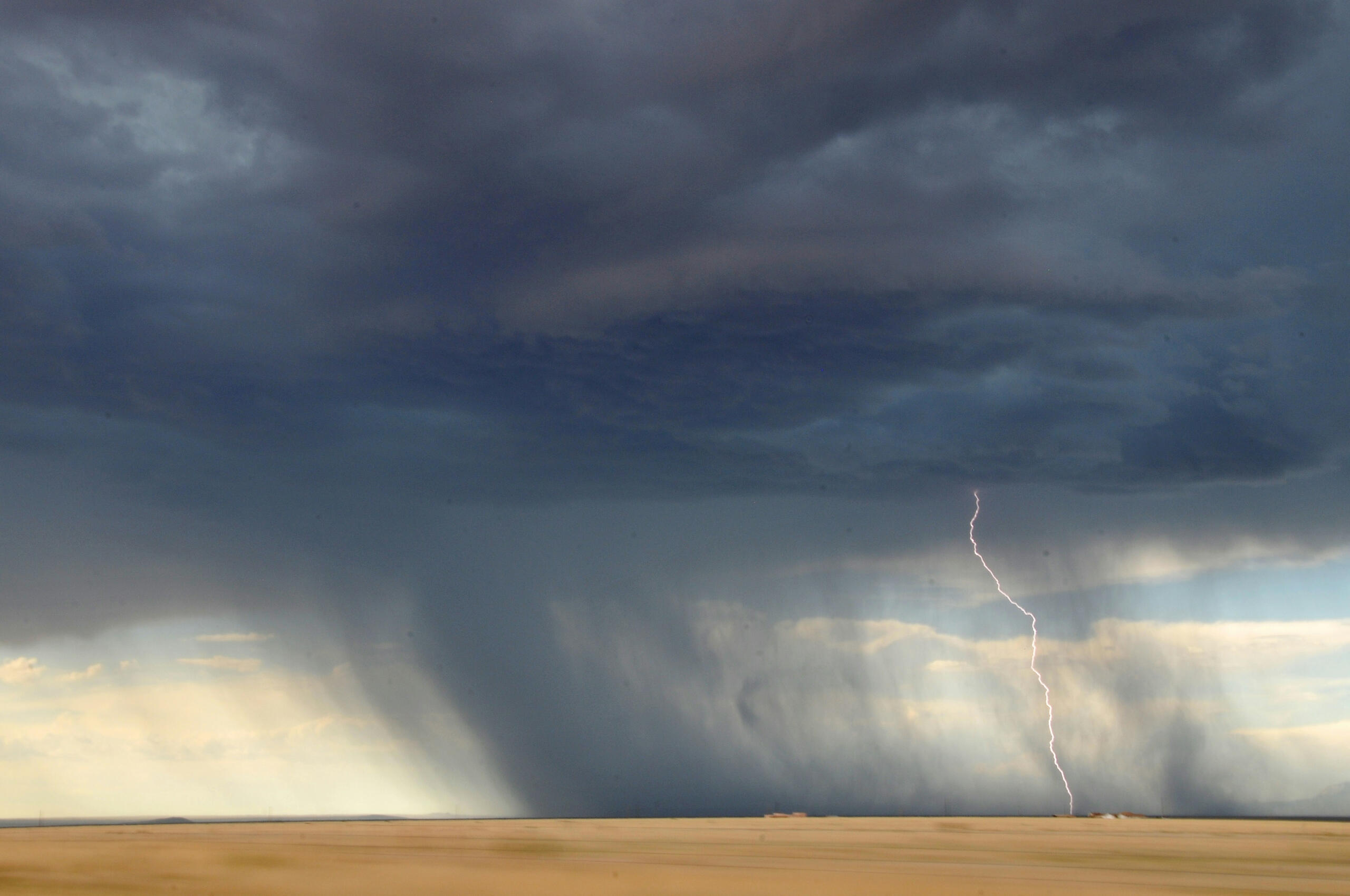JL Cole
Gritty, atmospheric
fiction for teens

About
As a kid, I would get so into books I would tune out everything else. I read anything I could get my hands on. I especially enjoyed eerie fairy tales, the horror stories of Christopher Pike and RL Stine, LJ Smith's Forbidden Game series, and, later, anything by Stephen King.Today, I write stories for the teenager I once was―introspective and thoughtful, sometimes dark, sometimes funny―and I hope they resonate with you.I live in British Columbia, Canada, where I don't generally take advantage of my scenic surroundings, because I am terrified of running into moose. Bears, not so much, but moose? Yikes.For a professional bio, see here.
Short Stories, Etc.
Sometimes, I write short fiction or experiment with other forms of storytelling. Here are a few of my favourites:
#HopeIsPunk
I try to resist the idea that anxiety and dread have to be social norms. This is a small collection of things that make me feel hopeful. They remind me to do good in the world.
Alive Internet Theory
A YouTube video by Struthless about how expressing yourself can help you escape depression. (Also where I heard the term "hope is punk"!)The case for making art when the world is on fire
A TedX Talk from Amie McNee on the necessity of art in hard times.
Anyway, keep hope alive. Make art!
Contact
Send me an email!

Bio
JL Cole has held several jobs, including coffee roaster, construction labourer, and magazine editor. She studied marketing in university and graduated from The Writer's Studio at Simon Fraser University. In addition to writing novels for teens, she enjoys writing flash fiction and creative nonfiction. Other hobbies include portrait drawing, usually in coloured pencil, and wandering around malls.JL encourages readers to find a way to read that works for their brains, whether that be print books, audiobooks, ebooks, or something else that suits. As a neurodivergent person, she rediscovered the joy of reading by using the OpenDyslexic font on an ebook reader, and she hopes others can embrace (and access) adaptive technologies, too.Her favourite YA authors include Maggie Stiefvater, Patrick Ness, and Tahereh Mafi.Originally from Ontario, JL has lived in several communities in British Columbia. She currently lives in northern BC.She is represented by Brianne Johnson at HG Literary.

For Here There Be Monsters
By JL Cole
Sailors take heed of red skies. Not so Nan who was fearless.Mid-morning on Nan's fourteenth birthday, the gods were tired. After their vermillion paint strokes bloodied the sunrise, the sky muddied with the promise of a Nor'easter, and all the fishing boats came to shore except Nan's father.In her yellow slicker, her hair a snapping, auburn flag on the staff of her body, Nan climbed over the spiny isthmus of rock that separated the sea from the tide pools. There, she watched the horizon with trepidation. Then she heard a stranger calling:“Ahoy!”Nan was so surprised, she slipped into the tide pool, and brackish water filled her wellies. She dragged her sodden body toward the voice and found a boy beached on the rocks.It wasn't his face that struck her, first. Not his slightly-hooked nose, nor his eyes as red as the dawn had been, but his bare feet, and the webs between his toes―like cellophane.“Help!” he called.Nan edged out of the tide pool and onto the smooth beach stones. The boy was tangled up in a net of wet, glittering plastics: limpid rings from soda can six-packs, grocery bags, and other detritus. Every time he twisted his fish belly-pale body, the weave tightened around him and pressed into his flesh. Slits in the white skin of his neck flared with his every breath.“Help me,” he gasped. “I must get back to the water.”Nan knelt on the rocks and ripped at the plastic prison, picking the spines of drinking straws from the boy's flesh.“What happened to you?” she asked as she untangled a soda ring from his hair.His voice was disapproving. “The carelessness of men.”When she was done, Nan sat back on her haunches and stared at him.He returned her gaze appraisingly. “Thank you.”She leaned forward. “Do you come from the sea?”He nodded.Nan pressed her fingertips into the cold rocks that lined the shore. “Have you seen my father? He has yet to return.”The boy took a lock of her hair between his webbed fingers, then let it fall. “I have seen a man with red tresses much like this.”“Tell me where!”“At the bottom of the sea.”Nan hung her head.“Go home,” said the boy, “and I will bring him to you at sunset as thanks. But go now. I can feel the storm coming. The gods are angry with men.”Nan bounded to her feet and fled. Over the isthmus of rock she stumbled, then along the arc of the shore, and finally, home, where rain soon lashed the door and thunder rattled the windows. Nan waited.At sunset, her father returned. He blundered through the door, heavy-footed, gripped Nan’s shoulders and rasped:“I have seen a monster in the sea.”As Nan hugged him, she thought of the boy, pale and quivering, covered in heedlessly discarded trash.“I know a little of monsters,” she said softly, “but they are not in the sea.”
The End

Hush
By JL Cole
Father locked the doors at night. I dozed in darkness with my woolen blanket pulled up to my chin as he stalked the house, his single candle flame flickering on a draft.The light cast violet lash-shadows on his cheeks and illuminated the crags of his face. The lined forehead creased by years of worry. The hollow cheeks cored by hunger, like an apple void of flesh, the pips of his eyes weary in the yellow light. He often spoke of the wind and her hunger, and I did not believe him. I stole out of my bed and threw open the shutters and watched the willow tree bend like a dream.At midnight, a gale skated over the fields like a harpy. Her icy claws plucked at the shutters and rattled the window panes. She flattened the crops and pulled slumbering calves from their beds. Like a demon, she danced in the yard and pinched the chickens, their feathers blown aloft on her icy breath. And then she lifted a frigid finger to her lips.Hush, she said. Hush.Softly, now, she sidled up to the old farmhouse, coy and smiling. She slithered through my open window, cold and smooth and oily as a cheat. I felt her grasp at my feet. My breath rose in front of me like a fog.Hush, she whispered as she climbed the walls.Hush, she cooed as she stretched across the ceiling.She reached for me with undernourished arms, all sinew and bone, stalactites made of ice.Outside, in the fields, cattle lowed mournful, midnight cries. Save us, they cried. Save us from the wind. And I lay frozen in my bed, my breath a spider’s web I choked on, sticky and dry in my throat, while the wind reached for my face. I cried out.Outside, in the hall, a flickering glow.My father opened the door, just a hair, just enough to let in a swirl of yellow light. It illuminated a bare room: a wardrobe, spartan walls, an open window patterned with frost―and me.The floorboards creaked as he passed my bed and set aside his candle. He drew the shutters closed and tied up the sash. Without speaking, he stood there, the lines in his face as deep as trenches, and surveyed the room.“The wind―” I whispered.He nodded. “Wait. We are in her eye.”He did not scold me, nor did he cradle me in his arms. He simply waited. We waited. Together. As the wind passed over, she whipped her barbed tail like a lash and rattled the casements so hard, dust motes floated down around me like snow.“She’s gone,” Father said. He passed me on his way to the door, and I felt his warm hand on my brow. “Hush.”
The End